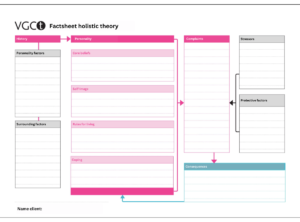How to deal with clients’ resistance
Resistance in therapy is a universal phenomenon that every mental health professional has to deal with. It is a common and expected part of therapy. However, when it comes to clients that have migrated, been displaced, or are adjusting to a new culture, it is often more complex.
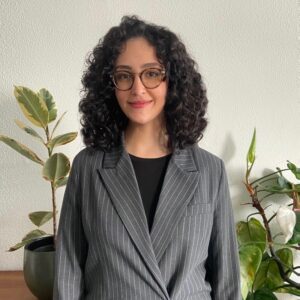 Therapy can be a foreign concept they are not familiar with, and it may carry stigma, shame or a clash with deeply held cultural beliefs about mental health.
Therapy can be a foreign concept they are not familiar with, and it may carry stigma, shame or a clash with deeply held cultural beliefs about mental health.
To understand the concept of resistance, recognize it and deal with it, we interviewed Seray Soyman, psychologist, sexologist, trainer and recruiter at PsyGlobal. Seray shares her insights on the topic and gives practical tools to deal with resistant clients, especially in the intercultural context.
What is resistance?
Resistance refers to any behavior, conscious or unconscious, that hinders the therapeutic process. Seray: “Resistance is when clients, consciously or unconsciously, oppose change.”
The most obvious sign is of course frequently missing appointments or canceling them, but there are also less visible ways to show resistance. Clients might avoid certain topics, deflect, show excessive agreement with everything the therapist says or overly intellectualize responses, keeping it very rational or analytical, without showing how they really feel.
Why do people resist treatment?
Starting therapy is scary. It means you have to relive experiences, face traumas, change behaviour, or make lifechanging decisions. Those are often reasons enough for people not to start therapy in the first place. When clients do start therapy however, they often don’t completely know what it entails. We often hear from our international mental health professionals that clients often expect their psychologist to solve all their problems. While it really is the client that has to do the ‘work’: active participation and emotional effort. And that ‘work’ is not easy, as it’s the same reason why people don’t start therapy at all. That disconnect can lead to frustration and withdrawal and that’s what we call resistance.
For clients with a migration background, resistance is often deeply rooted. Many have gone through war, displacement, or systemic exclusion over time and across systems. “For people who have been discriminated against or systematically excluded, it’s understandable that they approach mental health care with skepticism or hesitation,” Seray says. There is often a deep mistrust of institutions. Therapy can feel unsafe or pointless.
Stigma also plays a major role. In many communities, talking about mental health is taboo, and seeking therapy is associated with weakness or shame. “Certain communities, like minorities or migrants, often experience that stigma and shame more strongly. And that discourages them from initiating or continuing therapy,” says Seray. This can lead clients to drop out early, or avoid engaging fully in the process.
Resistance as a survival strategy
For clients with trauma histories, resistance can be a survival strategy. Avoiding emotions, detaching from painful topics, or over-intellectualizing may have helped them cope in unsafe environments and will be their first response to therapy as well. Fully engaging in therapy may feel dangerous to them, especially if they fear they won’t be understood. Seray: “It can be very healing for a client to be in a more regulated environment where judgment ideally does not exist”, but it takes time to build that sense of safety and earn trust. As therapists, it’s important to validate this reality, take it seriously, and recognize resistance not as defiance, but as a sign of what the client has been through.
Because what we often label as ‘resistance’ isn’t always resistance in the true sense. As Seray explains, “When we say resistance, it can feel like we’re putting the client on trial. But if someone has been denied safety and support all their life, we can’t expect people to suddenly behave differently in therapy.” Experiences of war, displacement, systemic racism, or lifelong exclusion don’t disappear at the door of the therapy room. These experiences reflect how people have learned to navigate (and survive!) their life and their relationships.
The importance of therapeutic alliance
The best predictor of positive therapeutic outcomes is therapeutic alliance: the quality of the relationship between the client and the therapist.
This is particularly important in cross-cultural therapy, where mistrust, misalignment in communication style, expectations, or cultural values can strain the relationship.
Therapists must regularly evaluate the therapeutic alliance. Seray recommends asking open-ended questions during periodic evaluations, such as:
- “How has this process been for you so far?”
- “What’s been working? What could be improved?”
- “How are you feeling about our sessions?”
These conversations invite feedback without pressuring the client to articulate discomfort and gives you as a therapist the opportunity to strengthen the relationship.
Remember, however, that something that you consider a negative therapeutic alliance, could be the closest relationship a client can build. “Opening up once a week might be all a client is emotionally capable of. That’s not resistance. That’s their current capacity,” Seray explains.
It’s important to learn to distinguish between a truly negative therapeutic alliance and the natural hesitations of someone who has never experienced a safe emotional connection. Once a basic level of trust is established, it becomes possible to apply techniques that support engagement and growth.
So how do you work with resistance, once a certain trust relationship has been established?
How to work with resistance
Resistance will always be a part of therapy. However, there are certain strategies that can help work through resistance:
-
Communication
Everything stands or falls with clear, empathetic, and attuned communication. Open and honest communication helps create safety and makes it easier for clients to express doubts or discomfort:
- Motivational interviewing. Seray: “This tool is about finding intrinsic motivation. It helps the client to find out what motivates them. It helps them to figure out, through directive questions, why they started coming to therapy in the first place, in their own words.” What’s the complaint that brought them to therapy?
Motivational interviewing involves reflective listening (shows clients that their experience is heard and valued) and open-ended questions.
Motivational interviewing is an evidence-based, client-centered method that is often part of the psychology curriculum, but there are also resources available if you want to read about this.
- Cultural curiosity. It’s important to understand your client within the context of their culture. Culture is more than just nationality. Seray: “Culture is not something that we can put borders around. It might be a very important part of one’s culture to be a refugee or an expat, for example.”
Practice ‘cultural humility’: Ask questions, be curious, try not to jump to conclusions or add your personal biases to the situation. Seray continues: “It’s important that I understand my client’s understanding of their cultural background.”
Evidence-based techniques like the DSM-5 Cultural Formulation Interview provide structured ways to explore whether a client’s behavior is congruent with their cultural context, or whether it may reflect underlying psychological distress.
- Process comments and emotional confrontation. This is about gently naming what’s happening in the moment. For example: “I see that this is a difficult topic for you, why is that?”. You can also confront them, again gently. Seray: “In order to do that, you need to have a certain level of relationship already established. You would point out that there is certain behavior that is not suiting what they put as a goal. ‘I see that you haven’t been doing your homework. Is it that you didn’t have time?’”
- Psychoeducation: Explain everything in a way your clients would understand. When clients understand what to expect and how therapy works, they are more likely to stay engaged. Even when it becomes emotionally difficult. Especially when therapy is a new phenomenon for clients, it is best to guide them through the entire process.
- Validation and normalization. Acknowledge that the process is difficult for the client without judgement. Particularly for clients with a trauma history or those who carry shame this is extremely important. Let them know that ambivalence, fear, or emotional withdrawal are common and understandable responses in therapy. This can reduce their sense of failure or self-blame.
-
Collaboration
Resistance often decreases when the client feels like an active, respected partner in the therapeutic process. These techniques strengthen the sense of shared ownership:
- Goal-oriented therapy. Especially in Dutch insured care, therapists are expected to work within time-limited, goal-driven frameworks. Making goals explicit, together with the client, and revisiting them, again together with the client, helps them understand the purpose of therapy and track their progress.
This also reduces the chance of a mismatch in expectations. “Some clients expect the therapist to ‘do all the work,’” Seray explains. “It’s our responsibility to explain that therapy is a collaboration and that we need commitment.”
- Regular check-ins. Review the process and the goals regularly and check if you are still on the same page. Practices often have their own procedures for evaluation moments, but you can always add more check-ins.
- Questionnaires. Goal-oriented approaches always include questionnaires, but if you are working process-oriented, you can still choose to include questionnaires in your sessions.
-
Flexibility
Therapy is all about adjusting to your client’s needs and readiness, especially in trauma-related situations. This can be very difficult within strict clinical settings, with only eight sessions available, for example, but still there are ways to be flexible. Seray: “Let’s say you only have two days to study for a very very big exam, you have to read a thousand pages. So there’s one option to read all of it in two days, without sleeping, going through all of it and expecting that you would somehow comprehend it all. Or you manage your expectations and do what you can within those two days.”
In these cases you’d have to adjust your goals. You’d have to manage expectations and prioritize SMART goals together with your client. Seray: “Empower your client to increase their skillset, so they can get the most out of the sessions. Especially if there are financial constraints and this is the only opportunity for them to get me mental health care related help.”
When is it enough?
Sometimes, despite our best efforts, resistance doesn’t shift. The therapeutic alliance remains fragile, engagement stays low, or the client consistently avoids the work. In these moments, it makes sense that you ask yourself: When will I stop trying?
Some clinics have protocols in place that close a case after repeated missed or cancelled appointments. Those protocols then make a decision for you.
If resistance shows not in missed appointments but in behaviour, it’s less obvious when to stop treatment. However, there are signs. If a client remains emotionally unavailable or if therapy begins to feel more harmful than helpful, it may be time to pause. Not every match works and not every client is ready, willing, or able to engage in therapy (right now). Therapy is a shared process and resistance is not something you as a therapist can solve alone. Knowing when to step back is also part of therapy, and acknowledging that necessity is not failure, it is a sign of being a great mental health professional.
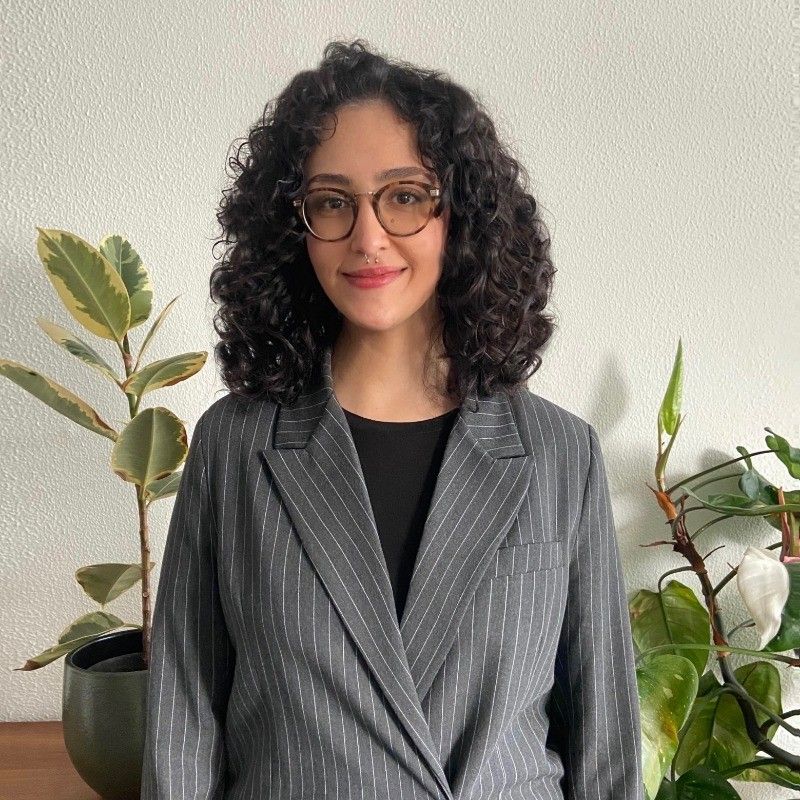
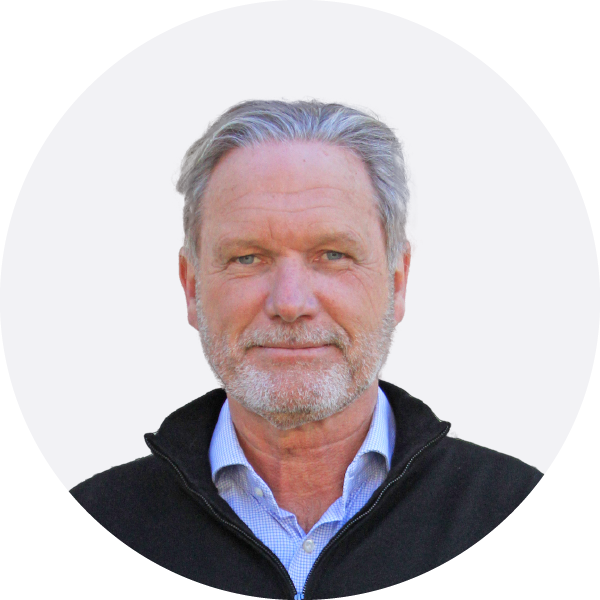
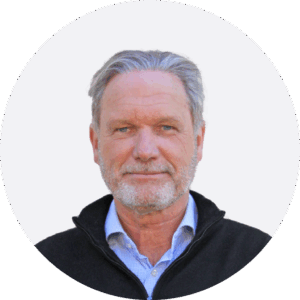 “Ik was chauffeur. Potverdorie, die mensen zaten allemaal in vakantiekampen ergens achteraf in de polder. Er was geen buslijn, helemaal niks. Dus ik reed in het begin de Oekraïense hulpverleners rond. Dan zat ik in een of andere kroeg te wachten tot ze klaar waren en dan haalde ik ze op en dan bracht ik ze weer naar het volgende vakantiepark of opvanglocatie.”
“Ik was chauffeur. Potverdorie, die mensen zaten allemaal in vakantiekampen ergens achteraf in de polder. Er was geen buslijn, helemaal niks. Dus ik reed in het begin de Oekraïense hulpverleners rond. Dan zat ik in een of andere kroeg te wachten tot ze klaar waren en dan haalde ik ze op en dan bracht ik ze weer naar het volgende vakantiepark of opvanglocatie.” 




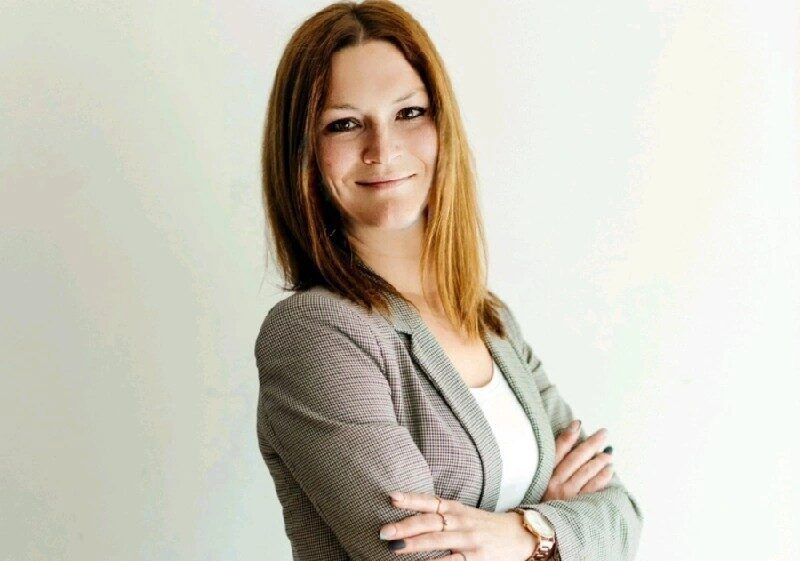
 Nu, bijna drie jaar later, is Albina afdelingsmanager bij een van de twee, en binnenkort drie opvanglocaties met in totaal 460 ‘deelnemers’ uit Oekraïne. Al vrij snel ging de gemeente Venlo een samenwerking aan met een Oekraïense ggz-professional. PsyGlobal sprak met Albina over deze samenwerking.
Nu, bijna drie jaar later, is Albina afdelingsmanager bij een van de twee, en binnenkort drie opvanglocaties met in totaal 460 ‘deelnemers’ uit Oekraïne. Al vrij snel ging de gemeente Venlo een samenwerking aan met een Oekraïense ggz-professional. PsyGlobal sprak met Albina over deze samenwerking.





